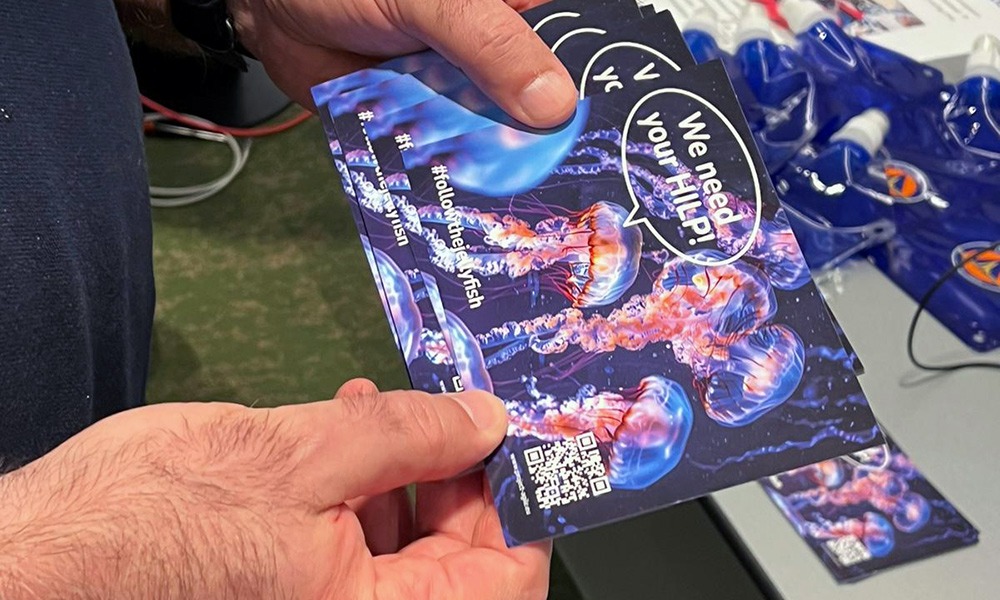
UK Alliance for Disaster Research Conference
The AGILE project was proud to be represented at the UK Alliance for Disaster Research (UKADR) conference, where Lauren McMillan delivered a remarkable presentation on the findings from AGILE’s review of the state of the art.
Her insights into HILP events, developed in collaboration with our project partners, highlighted the significant advancements and ongoing work in disaster resilience research. The presentation also introduced some of AGILE’s forthcoming publications, which promise to make valuable contributions to the field.
We extend our thanks to the organizers and attendees for the opportunity to share our work and engage in inspiring discussions on disaster risk management and resilience.



